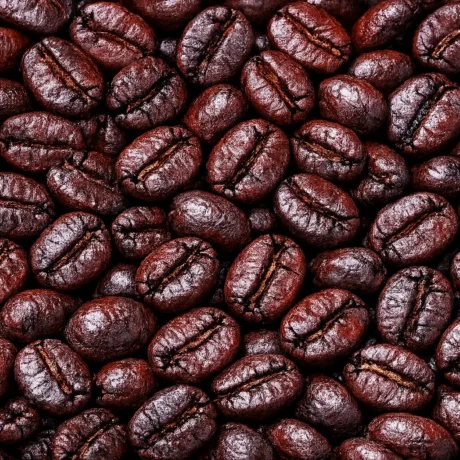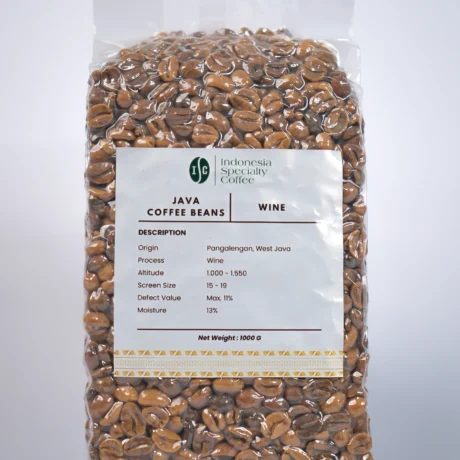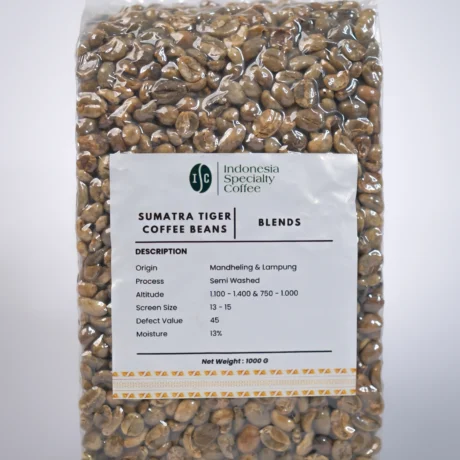As Muslims worldwide prepare for the blessed month of Ramadan, a period of spiritual reflection and rigorous fasting from dawn to sunset, common questions often arise concerning health and dietary habits. Among them, “Can coffee cause dehydration?” and “Is it okay to drink coffee while fasting?” are frequently asked. For those managing conditions like GERD (Gastroesophageal Reflux Disease), these questions gain even greater importance. Let’s delve into the science and practical advice to ensure a healthy and spiritually fulfilling Ramadan.
Coffee and Hydration: Myth or Fact?
For a long time, coffee has been unfairly labeled as a dehydrating beverage. The truth, supported by extensive research, paints a different picture. While caffeine, the active ingredient in coffee, is a mild diuretic (meaning it can increase urine production), the vast majority of coffee is water.
Studies, such as the widely cited 2014 research by Killer et al. published in PLOS One, found no significant difference in hydration status between habitual coffee drinkers consuming moderate amounts of coffee and those drinking an equal amount of water. For regular coffee consumers, the body develops a tolerance to caffeine’s diuretic effects, making them negligible. Therefore, for most healthy individuals, moderate coffee intake contributes to daily fluid intake rather than causing dehydration.
However, it’s worth noting that very high doses of caffeine or consuming coffee when unaccustomed to it might lead to a temporary increase in urination. Furthermore, adding significant amounts of sugar to coffee can also contribute to a feeling of thirst, as the body requires water to process sugar.
Coffee During Ramadan Fasting
While coffee is strictly prohibited during the daylight fasting hours of Ramadan, it becomes permissible from Iftar (sunset) until Suhoor (pre-dawn meal). Many Muslims choose to consume coffee during this window, but it’s crucial to understand the potential positive and negative effects, particularly for those managing GERD.
Potential Positive Effects (During Non-Fasting Hours):
- Energy Boost: For many, coffee provides a welcome energy lift after a day of fasting, helping to stay awake for evening prayers (Taraweeh) or for the pre-dawn Suhoor meal.
- Routine and Comfort: Coffee can be a comforting part of a daily routine, and maintaining some normalcy during Ramadan’s altered schedule can be psychologically beneficial.
- Social Aspect: Sharing coffee after Iftar can be a social ritual for families and friends.
- Mental Alertness: Caffeine can enhance focus and alertness, which some find helpful for spiritual reflection or work during the night.
Potential Negative Effects (During Non-Fasting Hours):
Withdrawal Symptoms: For heavy coffee drinkers, the initial days of Ramadan may bring withdrawal symptoms like headaches, irritability, and fatigue due to the sudden cessation of morning coffee. Managing intake during non-fasting hours can be a double-edged sword: too much can disrupt sleep/GERD, too little can cause withdrawal.
Dehydration Risk (Indirectly during Fasting Hours): While coffee itself is largely water, its mild diuretic effect, if consumed heavily or close to Suhoor, can increase urine production. This means you might lose more fluid than desired before the next fasting period begins, potentially leading to increased thirst and discomfort during the long daylight hours of the fast.
GERD Flare-Ups: This is a major concern. Coffee’s acidity and its ability to relax the lower esophageal sphincter (the muscle that keeps stomach acid down) can easily trigger or worsen GERD symptoms like heartburn, indigestion, and regurgitation. This is particularly true if consumed on an empty or sensitive stomach, such as right after breaking the fast or too close to lying down after Suhoor.
Sleep Disruption: Caffeine is a stimulant. Consuming coffee too late in the evening (especially after Taraweeh prayers or close to Suhoor) can significantly interfere with sleep patterns, making it difficult to get adequate rest. Disrupted sleep can impact overall well-being, mood, and energy levels for the following day’s fast.
Digestive Discomfort (beyond GERD): For some individuals, coffee can stimulate bowel movements or cause an upset stomach, particularly if consumed in large quantities after a long fast.
Drinking Coffee with GERD During Ramadan
For individuals managing GERD, the decision to consume coffee during the non-fasting hours of Ramadan requires careful consideration. GERD is characterized by stomach acid flowing back into the esophagus, causing heartburn and other symptoms. Coffee can be a significant trigger for GERD due to its acidity and its ability to relax the lower esophageal sphincter, which normally prevents acid reflux.
General Recommendations for GERD and Fasting:
- Consult Your Doctor: This is paramount. Before starting the fast, always discuss your condition with your gastroenterologist. They can provide personalized advice, potentially adjust your medication schedule (e.g., PPIs, H2 blockers to be taken at Iftar and Suhoor), and assess if fasting is safe for you.
- Prioritize Water over Coffee: During the permissible hours, focus on hydrating with plain water. This is crucial after a long day of fasting.
- Limit or Avoid Coffee (Especially if it’s a known trigger): If coffee consistently triggers your GERD symptoms, it’s strongly advisable to avoid it entirely during Ramadan, or at least significantly limit your intake.
- Timing is Key: If you do consume coffee, avoid it right before Suhoor. The diuretic effect of caffeine could lead to increased fluid loss during the subsequent long fasting hours, potentially exacerbating dehydration. Also, consuming coffee too close to bedtime can disrupt sleep, which is already altered during Ramadan.
- Post-Iftar Caution: Drinking coffee immediately after breaking your fast on an empty stomach can sometimes lead to acid reflux or digestive discomfort. It’s better to rehydrate and have some light food first, waiting at least 30-60 minutes before considering coffee.
- Mindful Eating at Iftar and Suhoor:
- Avoid Triggers: Steer clear of common GERD triggers like spicy, fatty, fried, and acidic foods. Sugary foods and carbonated drinks can also worsen symptoms.
- Moderate Portions: Do not overeat at Iftar. Break your fast gradually.
- Don’t Skip Suhoor: This pre-dawn meal is vital, but choose bland, non-acidic foods.
- Eat Slowly: Give your digestive system time to process food.
- Avoid Lying Down Immediately After Eating: Wait at least 2-3 hours after Suhoor and Iftar before lying down or going to sleep to prevent acid reflux. Elevating the head of your bed can also help with nighttime symptoms.
Conclusion
While moderate coffee consumption does not generally cause dehydration, its place in your Ramadan routine, especially if you have GERD, requires careful thought. During the daylight fasting hours, all consumption of food and drink is prohibited according to Islamic principles. During the non-fasting hours, if you have GERD, it’s often best to limit or avoid coffee to prevent aggravating symptoms. Always consult your doctor for personalized advice to ensure a healthy and spiritually fulfilling Ramadan.
Need to stock up on your coffee? Get the best Indonesian roasted coffee beans from us!






